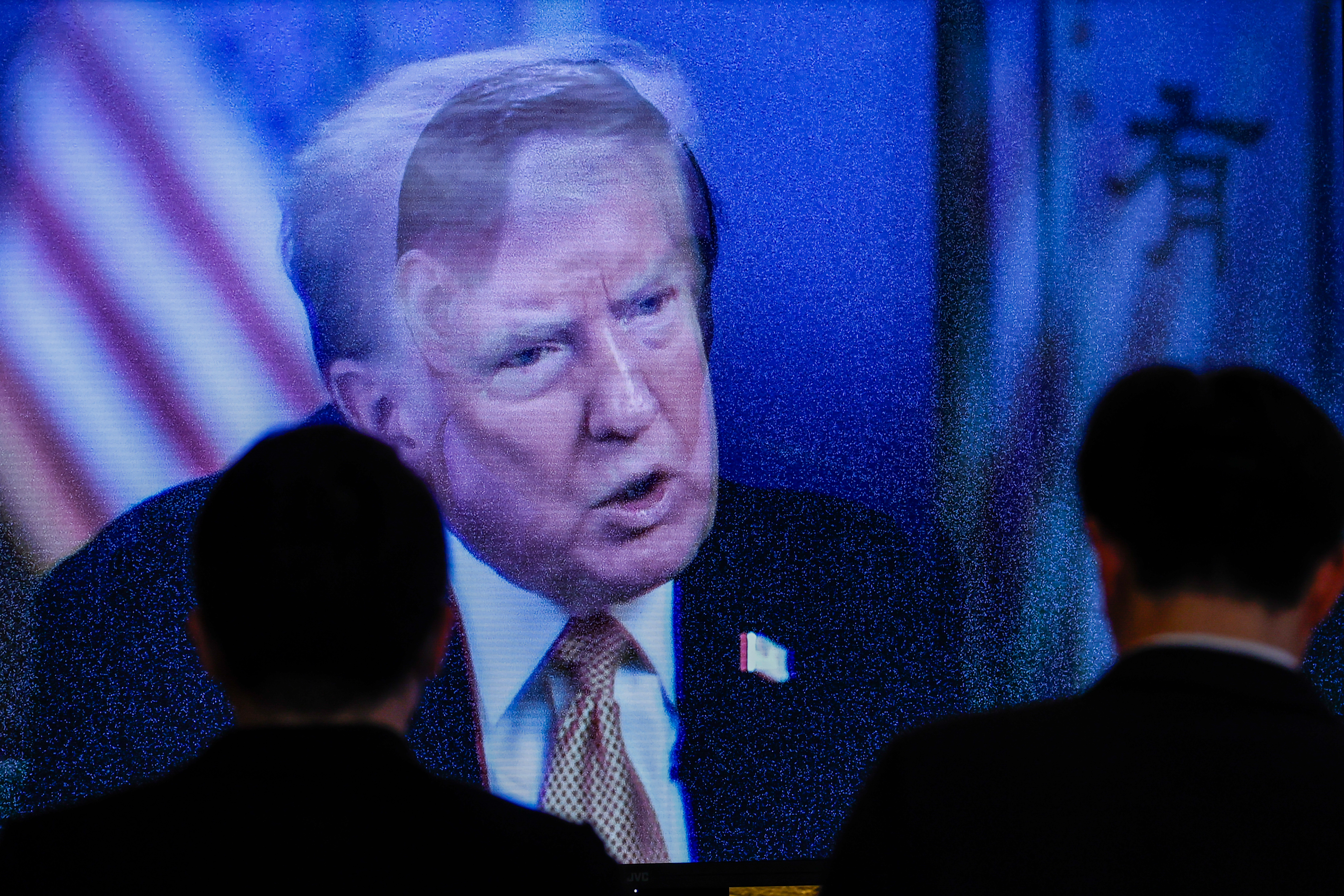Ukraine’s Partners Explore Alternatives Amid U.S. Intelligence Uncertainty

Ukraine's allies are trying to determine how to compensate for the possible loss of American intelligence after Donald Trump threatened to stop sharing data with Kyiv.
The Gaze reports on it, referring to Politico.
The Trump administration's threat to suspend the transfer of military intelligence to Ukraine has sounded alarm bells for European partners and NATO.
On the sidelines of the Halifax International Forum, defense officials discussed how critical Ukraine's dependence on the unique capabilities of the US is, especially in the field of satellite technology and real-time data collection. Although US intelligence remains irreplaceable, allies recognize that new commercial solutions could partially bridge this gap.
One such option is the satellite capabilities of the Finnish company ICEYE, which radar satellites are already actively used by European countries and, to some extent, Ukraine.
Interest in such systems has grown after the US restricted the exchange of space intelligence in the spring, and Elon Musk's threats to shut down Starlink prompted Europe to look for alternatives. The EU is also working to strengthen its own systems — from Galileo and Copernicus to the future IRIS² network, which is expected to be operational by 2030.
Canada, for its part, has announced its readiness to resume the transfer of RADARSAT-2 images to Ukraine, although it acknowledges that some US data — especially that collected in the field — cannot be completely replaced.
Senior Canadian military officials emphasize that without American assistance, there will be serious gaps in the high-precision data needed to hit targets at long range. At the same time, they believe that allies can adapt by relying on drones and other innovative surveillance tools.
The absence of American military representatives at the forum left European participants uncertain about Washington's real intentions and the possible conditions for continued cooperation.
Some US lawmakers suggest that Trump's statement may be part of a negotiating tactic, but stress that a complete cessation of intelligence cooperation with Ukraine would pose serious security risks.
Intelligence data is key information about troop movements, attack preparations, and enemy logistics, collected from satellites, drones, radar systems, or field reconnaissance. Such information is critical for Ukraine, as it allows it to identify threats in advance and deliver precision strikes against Russian targets.
European countries are increasingly expanding their cooperation with Kyiv, providing Ukraine with more and more autonomous capabilities in the field of defense surveillance.
Earlier, Poland planned to invest in ICEYE, a key provider of satellite intelligence for Ukraine, to strengthen its own and allied surveillance capabilities. This would allow Ukraine to obtain more operational data and reduce its dependence on the US.
In parallel with Poland's negotiations on investment in ICEYE, Ukraine, together with France, is launching another strategic initiative — the creation of a joint consortium to launch its own satellite constellation.
The agreement signed in Lviv provides for the development and launch of a group of “smart” small satellites that will provide Ukraine with sovereign access to observation data and create its own modern Newspace ecosystem based on the French model.
The future system will allow satellite data to be obtained 100 times more frequently than is currently possible through the European Copernicus program.
Additionally, the EU is considering allowing Ukraine to join its future secure satellite communications system IRIS², the European equivalent of Starlink. This decision should strengthen the resilience of allies and reduce dependence on private American technologies.
As The Gaze reported earlier, Estonia has pledged €3 million to help Ukraine maintain and expand its Starlink satellite communication network.